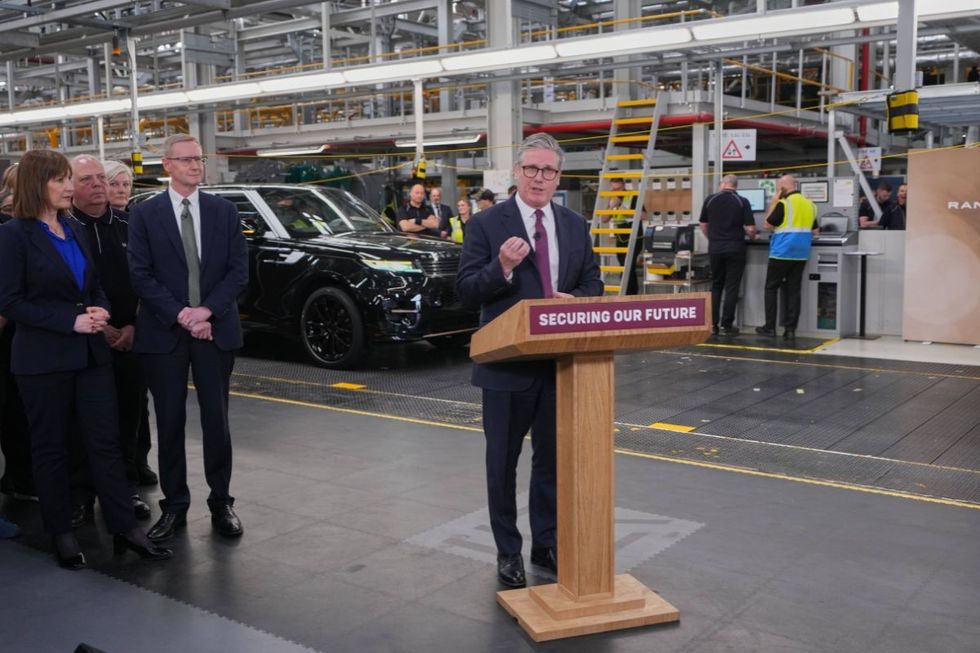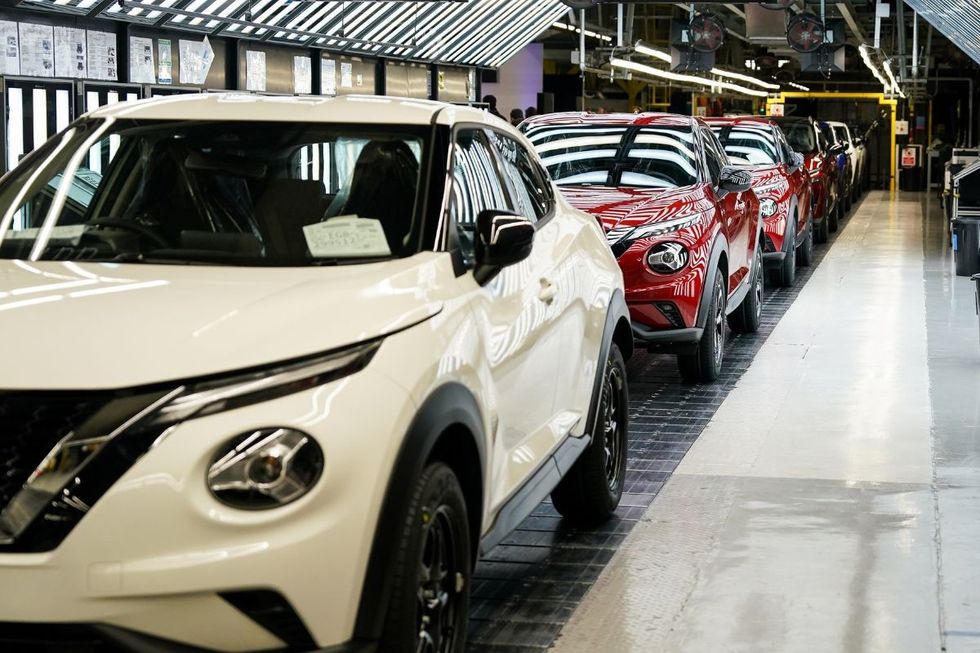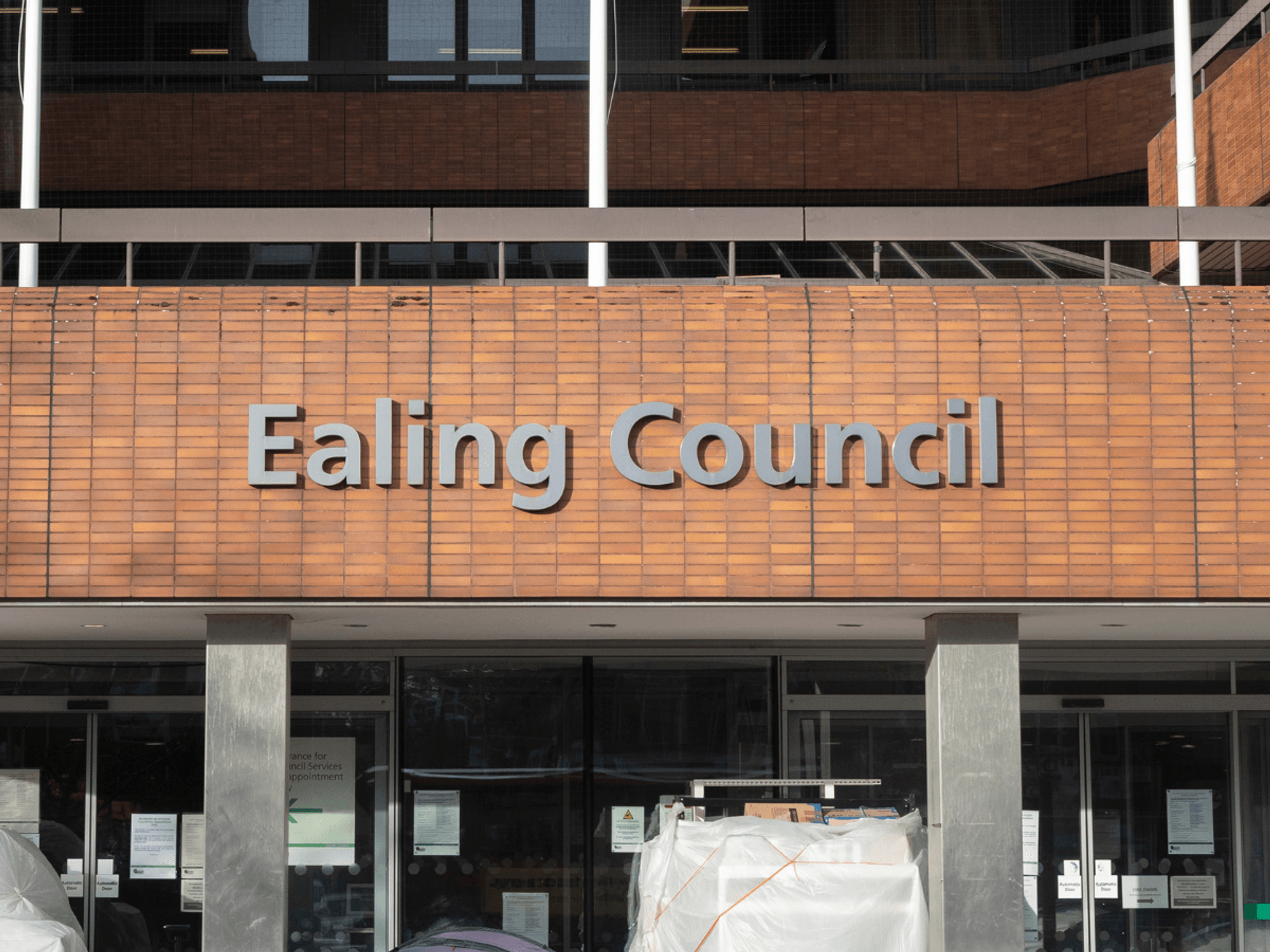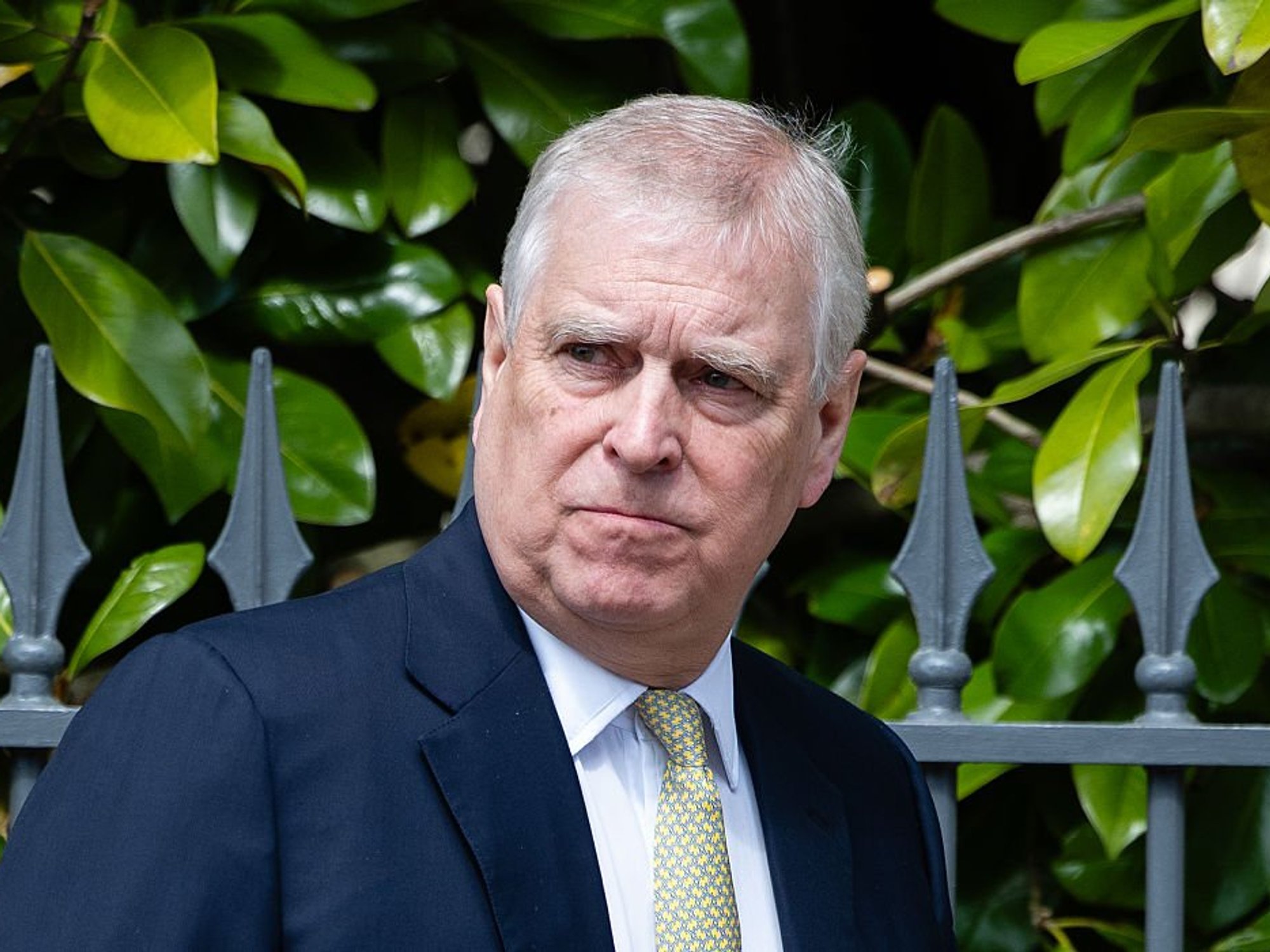UK car market could be worth £50billion if Labour boosts support for vehicle production and cuts taxes

WATCH: Sir Keir Starmer announces the Government's plans to relax the 2030 electric car mandate
|GB NEWS

'The prize in terms of jobs, innovation and economic growth is worth the investment'
Don't Miss
Most Read
Labour needs to do more to support Britain's car sector, according to the nation's leading automotive organisation, amid calls to return the UK to be a top 15 manufacturing superpower.
A new report from the Society of Motor Manufacturers and Traders (SMMT) has identified the new Modern Industrial Strategy as giving a major boost to manufacturing, but it could go further.
Speaking at the SMMT International Automotive Summit, Mike Hawes, chief executive of the organisation, said Government steps needed to be taken to ensure the UK remains a global superpower in automotive manufacturing.
Hawes added that Labour's new Industrial Strategy was "very much welcome", allowing manufacturers to save around 20 per cent on bills, restoring the UK's competitiveness.
Do you have a story you'd like to share? Get in touch by emailing motoring@gbnews.uk

The SMMT have called on the Government to do more to ensure the UK retains its place as a manufacturing giant
|PA
He noted that the Government was taking "a good first step" but more needed to be done to help restore renewed investment in localised supply chains.
The SMMT highlights that the new Industrial Strategy could deliver an economic boost worth £50billion and return the UK to a top 15 global automotive manufacturing hub.
Another aim is to have a flourishing car market to allow drivers to have the confidence to invest in electric vehicles to achieve goals included in the Zero Emission Vehicle (ZEV) mandate.
Sir Keir Starmer unveiled changes to the ZEV mandate earlier this year, with manufacturers required to have at least 28 per cent of sales be electric by the end of the year.
This target will continue to rise every year before reaching 80 per cent by the end of the decade, before reaching 2035 when only zero emission vehicles will be sold.
However, there have been calls for changes to be made to ensure electric vehicles are more attractive to drivers.
Hawes said halving the rate of VAT on the purchase of new electric vehicles for three years would have the biggest impact on purchasing.
Slashing the rate of VAT levied on public chargers would also be "inequitable". Currently, drivers are charged 20 per cent when charging in public, compared to just five per cent when charging at home.
LATEST DEVELOPMENTS:
The Expensive Car Supplement has also impacted sales of new electric vehicles in recent months, with the SMMT estimating that the introduction of the tax on EVs working as an effective fine of more than £360million on EVs purchased since April.
Drivers are required to pay £425 per year for five years if their vehicle costs more than £40,000, with many experts calling for this threshold to be raised, or even scrapped for electric vehicles to incentivise uptake.
While interest in electric vehicles is growing, Hawes said manufacturers saw the UK as a tough market, given the incentives needed to sell an electric car and the lack of Government support.
He added that manufacturers were required to offer both EVs and internal combustion engines to ensure their business strategies remained reliable.

Nissan's Sunderland plant has higher energy costs than any other plant owned by the manufacturer in the world
| PAHawes said: "We now need to see the Strategy implemented and at pace, because competitors will move fast so our window of opportunity will not remain open for long.
"The prize, however, in terms of jobs, innovation and economic growth - green growth at that - is worth the investment."
The SMMT report, titled the Competitive Edge: Driving Long-Term UK Automotive Growth, showed that manufacturers pay more for electricity than anywhere else in Europe.
Energy taxes are six times higher than European competitors, which has added a staggering £200million to manufacturers' bills last year alone.
This was highlighted by Nissan's UK boss, who said the country was "not a competitive nation". Alan Johnson said Nissan's Sunderland factory "pays more for its electricity than any other Nissan plant in the world".










